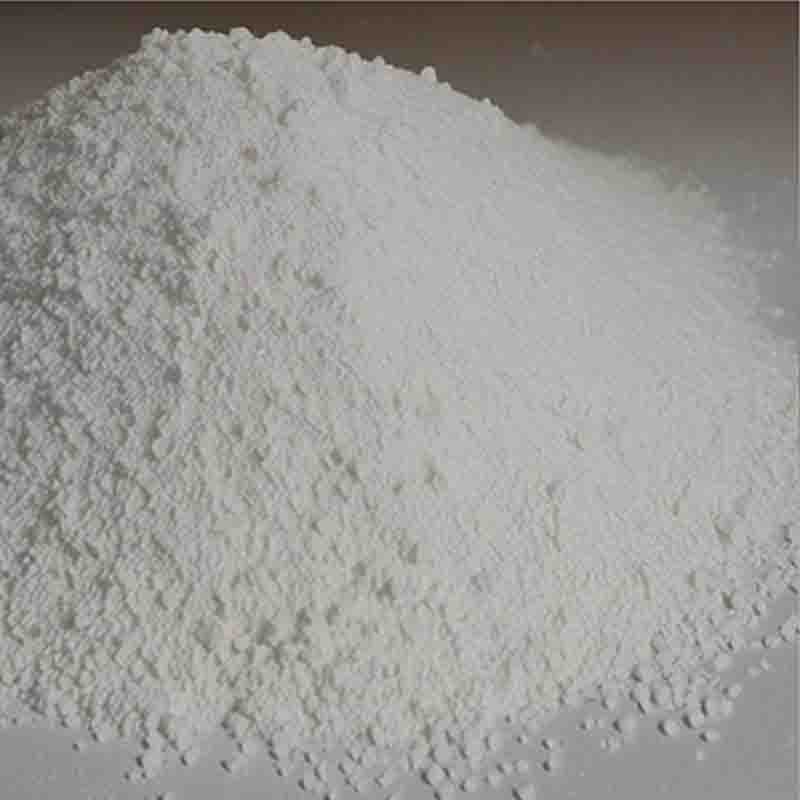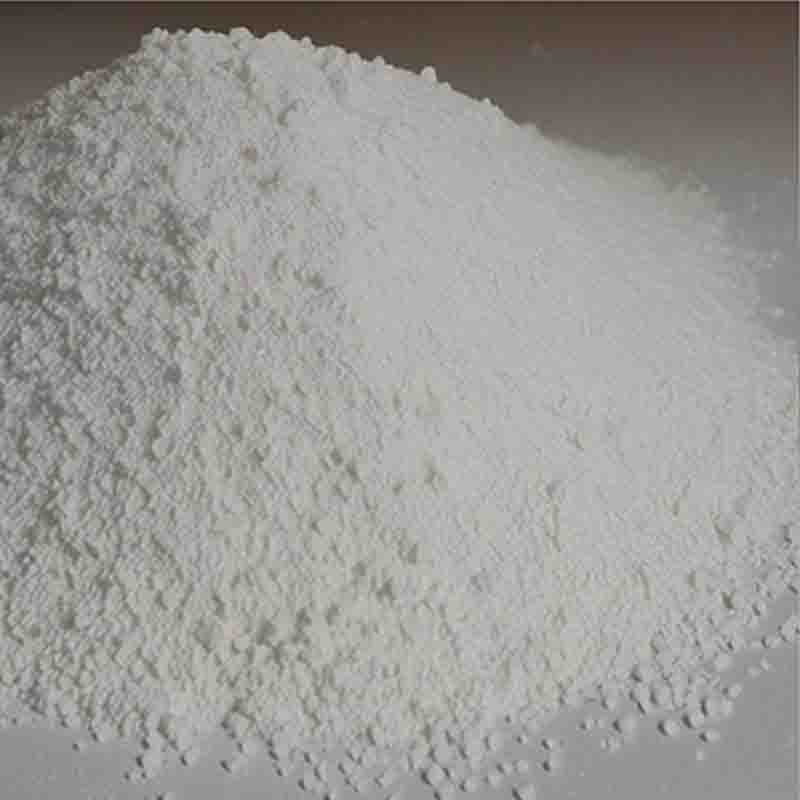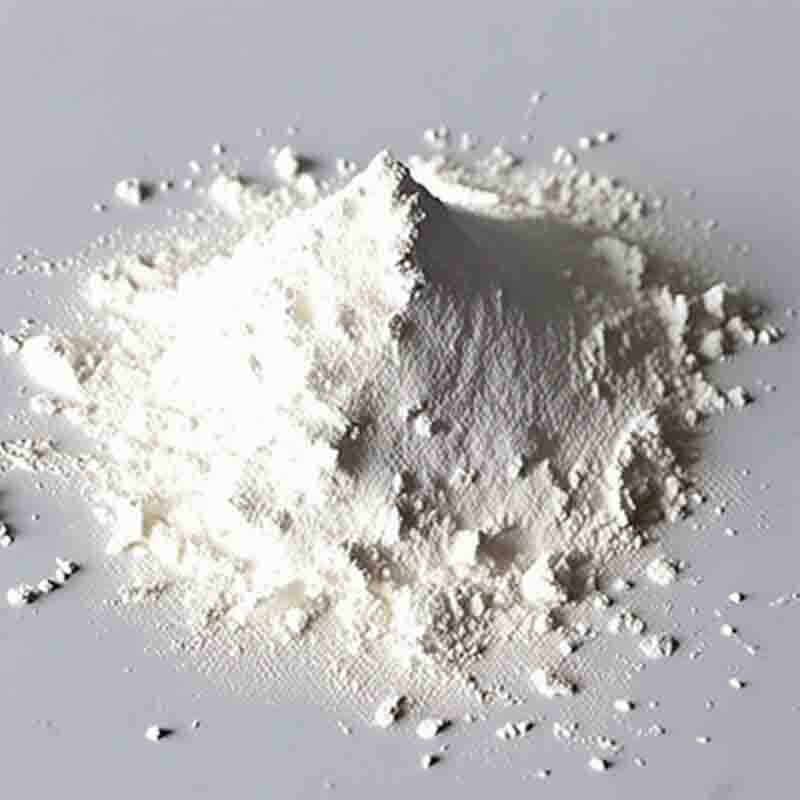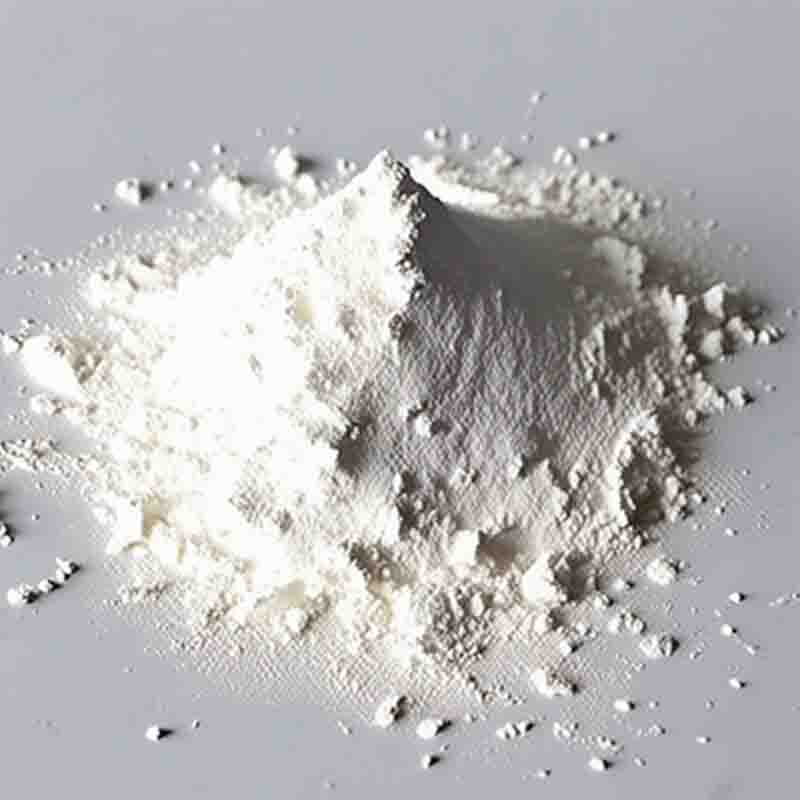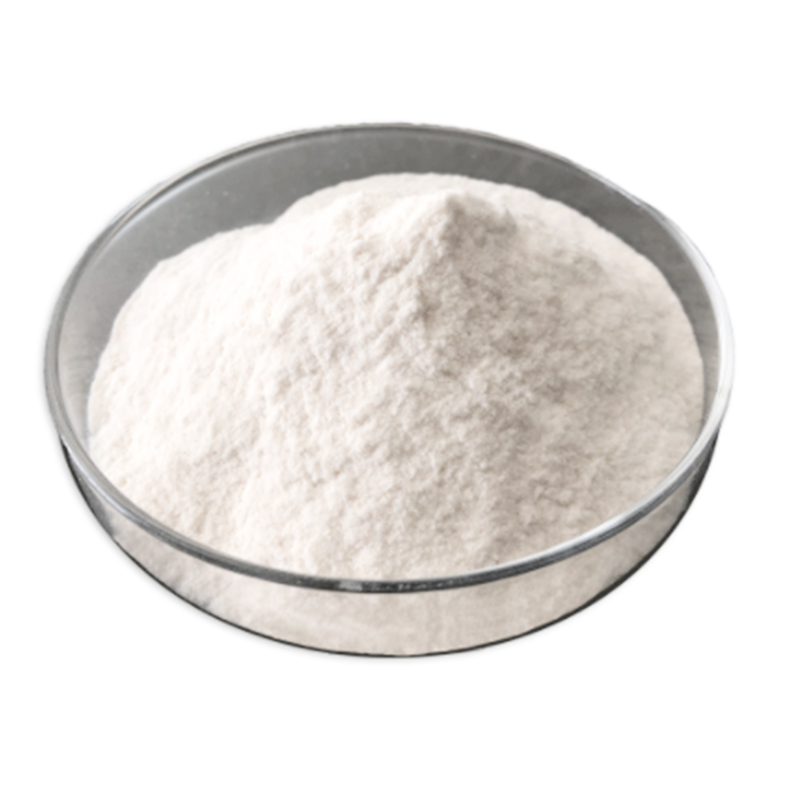7-CYANOINDOLE CAS:96631-87-7
| Catalog Number | XD95497 |
| Product Name | 7-CYANOINDOLE |
| CAS | 96631-87-7 |
| Molecular Formula | C9H6N2 |
| Molecular Weight | 142.16 |
| Storage Details | Ambient |
Product Specification
| Appearance | White powder |
| Assay | 99% min |
7-Cyanoindole is a chemical compound that belongs to the indole family and has a cyano group (-CN) attached to the aromatic ring. In this 300-word explanation, we will discuss the effects and potential uses of 7-Cyanoindole.One of the notable effects of 7-Cyanoindole is its role as a building block in organic synthesis. It serves as a starting material for the synthesis of various compounds, including pharmaceuticals, agrochemicals, and natural products. The cyano group in 7-Cyanoindole provides reactivity and allows for diverse chemical transformations, making it a valuable tool for organic chemists to create complex molecules.Moreover, 7-Cyanoindole has shown promising biological activities. Research studies have indicated its potential as an anticancer agent. It has been found to exhibit cytotoxic effects on cancer cell lines, inhibiting their growth and inducing apoptotic cell death. These observations suggest that derivatives of 7-Cyanoindole could serve as potential leads in the development of novel anticancer drugs.Additionally, 7-Cyanoindole has exhibited anti-inflammatory properties. Inflammation is an immune response that plays a role in various diseases, including chronic conditions such as arthritis and inflammatory bowel disease. Studies have shown that 7-Cyanoindole derivatives can inhibit the production of pro-inflammatory molecules, thereby reducing inflammation. This suggests that these derivatives could have potential applications in the treatment of inflammatory diseases.Furthermore, 7-Cyanoindole has been investigated for its antimicrobial activity. It has demonstrated inhibitory effects against various pathogenic bacteria and fungi. These antimicrobial properties make it a candidate for the development of new antibiotics or antifungal agents to combat drug-resistant strains.Lastly, 7-Cyanoindole has been studied for its potential applications in organic electronics. It possesses favorable electronic properties, such as good charge transport characteristics, making it suitable for use in organic light-emitting diodes (OLEDs) or organic photovoltaic devices (OPVs). This suggests that 7-Cyanoindole could contribute to advancements in the field of optoelectronics.In conclusion, 7-Cyanoindole exhibits diverse effects and potential uses. It serves as a valuable building block in organic synthesis, enabling the creation of complex molecules. Its biological activities, such as anticancer, anti-inflammatory, and antimicrobial effects, indicate its potential for pharmaceutical applications. Furthermore, its favorable electronic properties make it suitable for use in organic electronics. Continued research on 7-Cyanoindole may reveal further applications and advancements in various fields.




